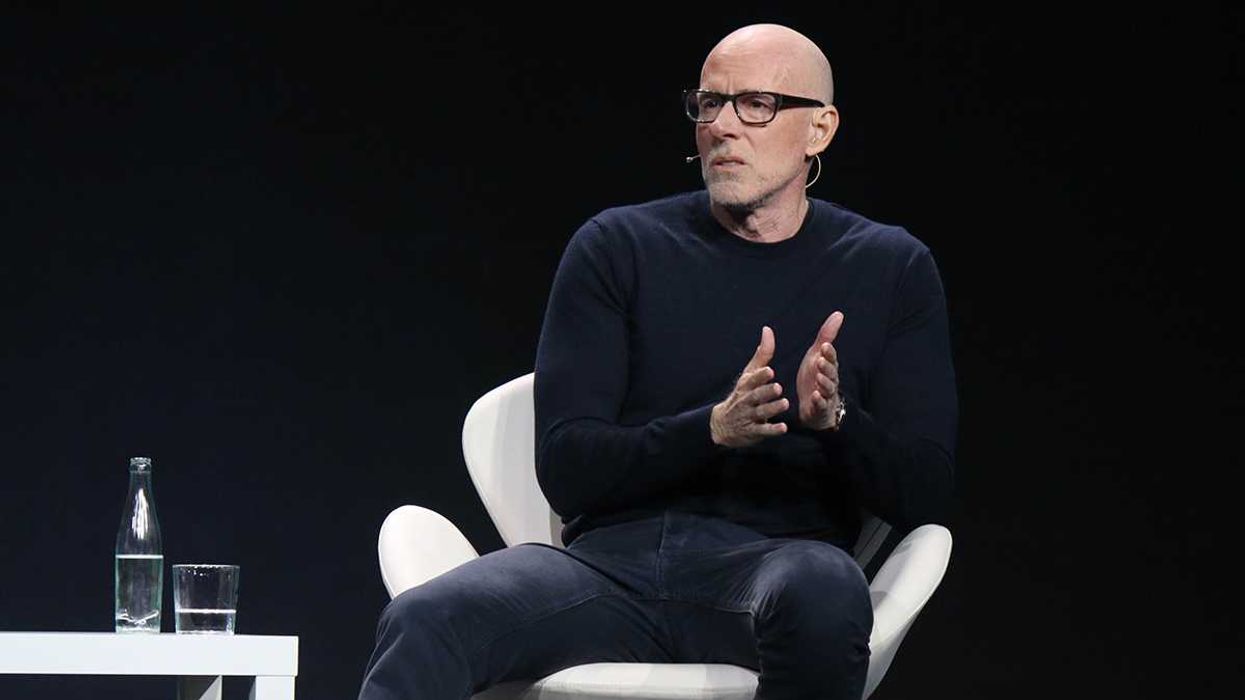If you're like most millennials I talk to, the answer to that question is somewhere between zero and two. For me, it's four—not much better.
I remember the landlines of the house I grew up in and of my childhood next-door neighbors. The street I grew up on, a quiet country road on the New Hampshire seacoast, was super tightly-knit. The five houses on the block all had kids the same age. We went on ski trips together every winter, canoe trips every summer, sat around bonfires in the fall. And we called each other up to go play.
This post is part of the GOOD community's 50 Building Blocks of Citizenship—weekly steps to being an active, engaged global citizen. This week: Learn and share your neighbors' contact information. Follow along and join the conversation at good.is/citizenship and on Twitter at #goodcitizen.
Original image via (cc) flickr user © Verbal
















 Otis knew before they did.
Otis knew before they did.